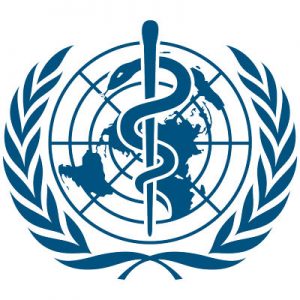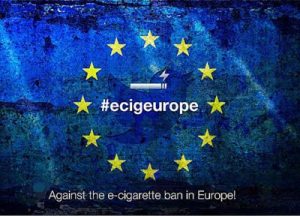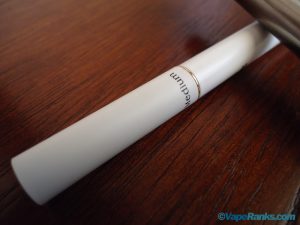Top Scientists Ask World Health Organization to Resist the Urge to Suppress E-Cigarettes
A group of 53 renowned scientists from all around the world have sent the World Health Organization (WHO) an open letter, urging it to resist the urge to control and suppress electronic cigarettes by classifying them as tobacco products. In the letter, they refer to e-cigarettes as ‘part of the solution’ and warn that harsh regulation would result in a missed opportunity to drastically reduce smoking and the deaths associated with it.
 “These products could be among the most significant health innovations of the 21st century – perhaps saving hundreds of millions of lives,” the scientists wrote in their letter to WHO director, Margaret Chan. “The urge to control and suppress them as tobacco products should be resisted.” They warn that excessive restrictions on these lower risk products would have disastrous consequences, like protecting deadly tobacco cigarettes from less hazardous alternatives.
“These products could be among the most significant health innovations of the 21st century – perhaps saving hundreds of millions of lives,” the scientists wrote in their letter to WHO director, Margaret Chan. “The urge to control and suppress them as tobacco products should be resisted.” They warn that excessive restrictions on these lower risk products would have disastrous consequences, like protecting deadly tobacco cigarettes from less hazardous alternatives.
The World Health Organization is scheduled to review its tobacco recommendations in Moscow, from October 13th to the 18th, but so far, its stance on electronic cigarettes has been quite bizarre. Despite considerable scientific evidence that e-cigarettes pose less of a threat to human health than analogs, the UN organization has opposed them from the very beginning, constantly issuing warnings about the danger they pose to users. Last year, a leaked document revealed that WHO considers electronic cigarettes a “threat” that should be classified like regular cigarettes. So far, its stance on the issue of e-cigarettes has been harsher than that of regulators in both Europe and the United States.
“If the WHO gets its way and extinguishes e-cigarettes, it will not only have passed up what is clearly one of the biggest public health innovations of the last three decades that could potentially save millions of lives, but it will have abrogated its own responsibility under its own charter to empower consumers to take control of their own health, something which they are already doing themselves in their millions” said Professor Gerry Stimson, Emeritus Professor at the Imperial College in London, a signatory to the letter.
In their open letter to Margaret Chan, the 53 scientists from Europe, North America, Asia and Australia argue that tobacco harm reduction products like electronic cigarettes could play a significant role in meeting the UN’s objective of reducing cases of non-communicable diseases. They urge WHO to recognize the substantial reduction in death and disease achieved when smokers switch to less dangerous alternatives. “Even though most of us would prefer people to quit smoking and using nicotine altogether, experience suggests that many smokers cannot or choose not to give up nicotine and will continue to smoke if there is no safer alternative available that is acceptable to them,” the scientists wrote.
Robert West, Professor of Health Psychology and Director of Tobacco Studies at University College in London, and a signatory to the letter, said: “For the WHO to suggest that e-cigarettes are as risky as other tobacco products would send an erroneous and bleak message to the millions of current e-cigarette users who have used them to quit smoking. It would discourage smokers from trying them and we would miss out on a major opportunity to reduce smoke related deaths globally.”
“E-cigarette use has been a consumer led revolution and grown as a bottom-up public health initiative that could save millions of lives”, said John Britton, Professor of Epidemiology at the University of Nottingham, UK. “It has moved at a speed that shows just how much smokers want and will choose nicotine products that don’t kill. I hope the WHO and all public health decision makers can recognize and harness the health opportunities that e-cigarettes can provide.”
If the WHO were to ignore the scientists’ warnings and suggestions, and proceed with classifying electronic cigarettes as tobacco products, 178 signatories to the Framework Convention on Tobacco Control (FCTC) are expected to impose strict measures on them, like raising taxing and banning certain types of advertisement.
So far, the WHO has issued no response to the scientists’ open letter. Armando Peruga, the organization’s program manager told Reuters: “At this point the only thing I can say is that we are elaborating these regulations and they will soon be available to you”.
Sources: The Open Letter, Reuters, Nicotine Science and Policy
















